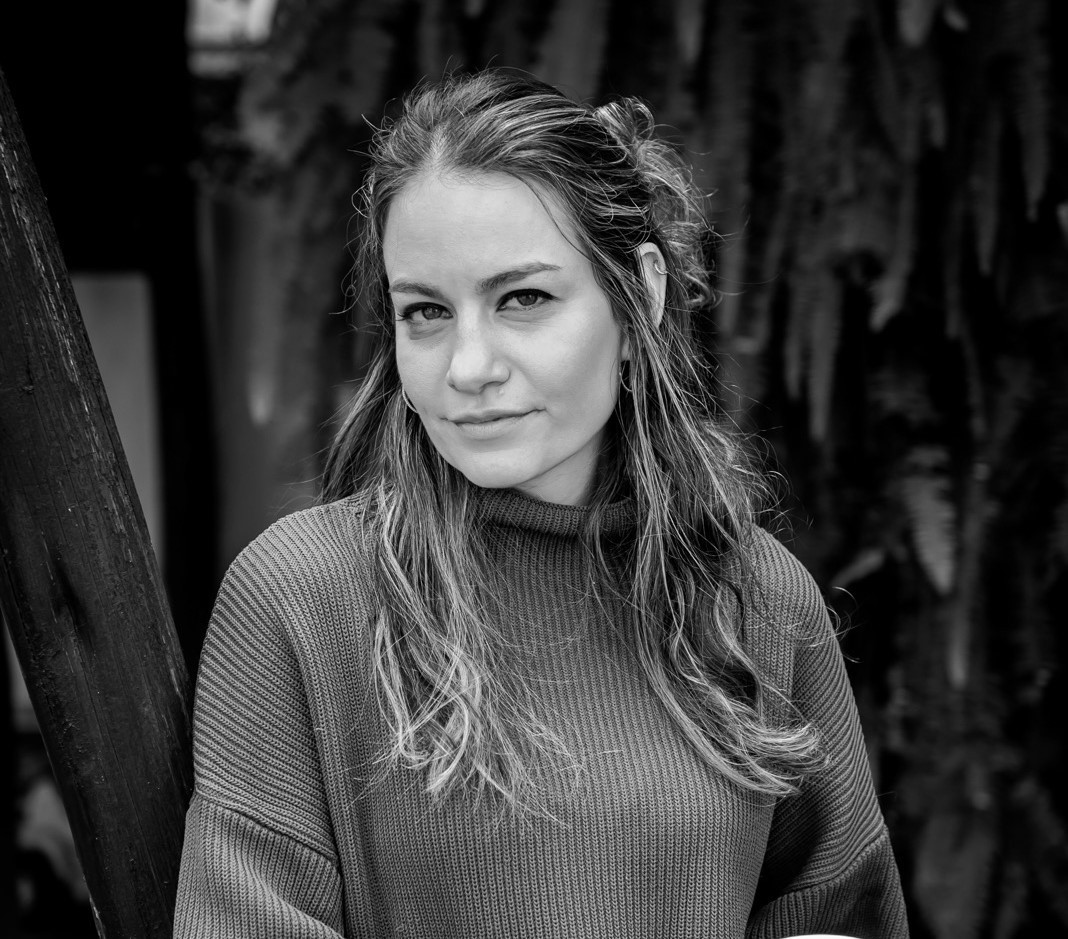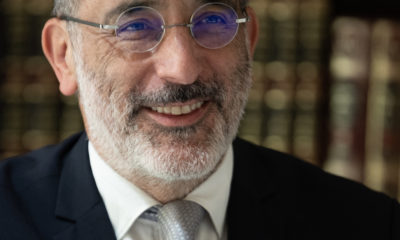
Religion

Drunk on myself or devoted to the king?
One of my favourite places to visit in Israel is Shiloh – the place where the Mishkan stood for more than 400 years. The holiness and spiritual energy of the spot are tangible, and when I stand there, I feel connected to something deeply spiritual. It’s the place where Chana pleaded with Hashem for a child. It’s as though you can hear her sobs echoing in the air and feel her deep desire for a child.
The Haftorah reading for the first day of Rosh Hashanah introduces us to this most incredible story in the Tanach. The narrative centres on a woman, desperate for a child, pouring her heart out to Hashem in prayer, only to be mistakenly rebuked by the high priest, Eli, who assumes that she is drunk. What unfolds isn’t just a poignant personal drama, but a powerful lesson on faith, prayer, and the deeper meaning of Rosh Hashanah.
Chana’s story seems straightforward: a woman in deep pain, yearning for a child, is misunderstood by Eli, who eventually retracts his judgement and blesses her. She later conceives Shmuel, who grows to become one of the greatest leaders in Jewish history. Yet, a closer look at the story raises questions that reveal its deeper significance.
First, it’s interesting that Eli, the high priest, would mistake Chana’s heartfelt prayer for drunkenness. Shouldn’t someone with his spiritual stature and sensitivity have been able to discern the difference between a woman in deep emotional pain and one who was drunk? His misjudgement seems, at first glance, surprisingly out of place, especially given Chana’s obvious distress.
But Eli’s misunderstanding goes beyond a simple mistake. It leads us to reflect on a broader issue: the relationship between human needs and divine service. This seemingly awkward interaction opens the door to a discussion that is at the heart of Rosh Hashanah. Why does the Torah include this episode at all, if not to teach us something profound about our own relationship with prayer and Hashem?
Rosh Hashanah is a day filled with dual themes that, on the surface, seem paradoxical. On the one hand, it’s a day of judgement – Yom Hadin – in which our fate for the coming year is decided, to be sealed 10 days later on Yom Kippur. We pray for all our needs, from health and wealth to spiritual growth. Yet, it’s also a day where we crown Hashem as king, focusing on surrendering ourselves to His rule, celebrating His kingship over us. How do we reconcile these two seemingly opposing themes: our personal requests and the grand act of coronating Hashem?
It would seem that on the day we are coronating the king, it would be an inappropriate time to start asking for our own personal requests.
Chana’s response to Eli offers insight into this question. When Eli accuses her of being “drunk” he isn’t just referring to alcohol. He’s suggesting that perhaps her prayer is too focused on herself – her own needs and desires. “Is your relationship with Hashem only about what you can get from Him?” Eli’s challenge isn’t without merit, as too often, we approach prayer from a place of personal need. However, Chana’s response is the key to understanding the balance between personal prayer and divine service.
“I’m not drunk,” she tells Eli. “I have poured out my soul before Hashem.” She teaches Eli – and us – that personal prayer isn’t selfish. It’s not about being “drunk on ourselves”, but about expressing our deepest yearnings to fulfil our unique role in Hashem’s plan. Chana’s prayer for a child wasn’t just about her desire for motherhood, it was an expression of her mission in this world, her role in bringing holiness into the physical realm.
On Rosh Hashanah, we declare Hashem as our king. But what does this really mean? Is it just about submission, or is there something deeper? When we crown Hashem, we aren’t only acknowledging His rule over the world, we are recognising our own role in His kingdom. We ask for health, livelihood, and peace not merely for personal benefit, but because these are the tools we need to fulfil our divine mission.
The story of Chana reflects this idea. She wasn’t just asking for a child; she was asking for the ability to contribute to the world in a meaningful way. Her request wasn’t about selfish desires; it was about participating in Hashem’s plan for creation. And Eli, recognising this, blesses her, understanding that her prayer is an extension of Hashem’s will.
The Baal Shem Tov famously taught that even our physical needs are spiritual in nature. When a person feels hungry, it’s not just their body seeking sustenance, it’s their soul yearning to elevate the sparks of holiness hidden in the food they eat. In this sense, our mundane needs – our physical well-being, our financial stability – aren’t separate from our spiritual lives. They are, in fact, integral to our mission of making this world a dwelling place for Hashem.
On Rosh Hashanah, when we ask Hashem for our needs, we’re not simply asking for comfort or security, we’re expressing the soul’s deep desire to fulfil its purpose in this world. Every Jew has a corner of the world they are meant to elevate, and the resources we request, whether they be health, wealth, or peace of mind, are the means through which we carry out this mission.
As we stand in shul on Rosh Hashanah, we ask for many things: health, financial success, a new cleaning lady, a shidduch, happiness. It’s easy to feel conflicted. Should we really be focusing on our own needs on this day of coronating the king? But Chana’s story teaches us that these requests aren’t selfish. They are part of the divine plan. By asking Hashem for what we need, we are actually affirming His kingship. Our personal prayers are an extension of our role in Hashem’s world, a way of manifesting His will in the physical realm.
Ultimately, Rosh Hashanah is about both themes – the individual and the king. We crown Hashem not only by proclaiming His rule, but by using our physical lives to serve Him. Chana’s prayer wasn’t a contradiction to Eli’s reprimand; it was a deeper understanding of it. Her request for a child wasn’t merely about her personal desires, but about fulfilling her part in Hashem’s grand design.
When we stand before Hashem on Rosh Hashanah asking for health, livelihood, happiness, or whatever other “selfish” request we bring before Hashem, we’re not detracting from the majesty of the day. Rather, we’re fulfilling its essence. We’re asking for the tools we need to make the world a dwelling place for Hashem.
May we, like Chana, have our prayers answered, and may we merit to see the ultimate purpose of creation fulfilled in our lifetimes.
- Esther Hecht is the Programme Director at Chabad of Sandton, Director of the Sandton Hebrew Club, and Director of Professional Development at Chabad of Sandton Nursery School.










